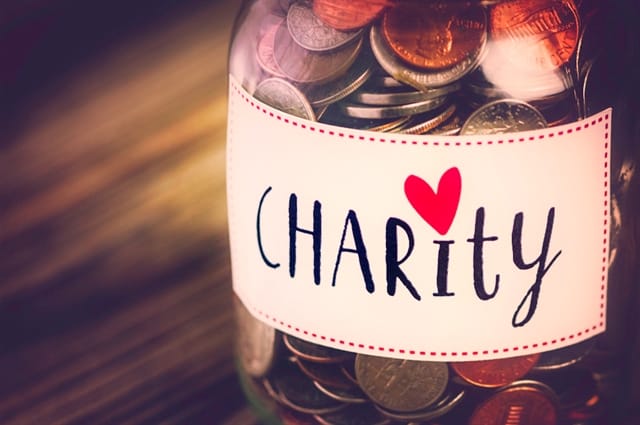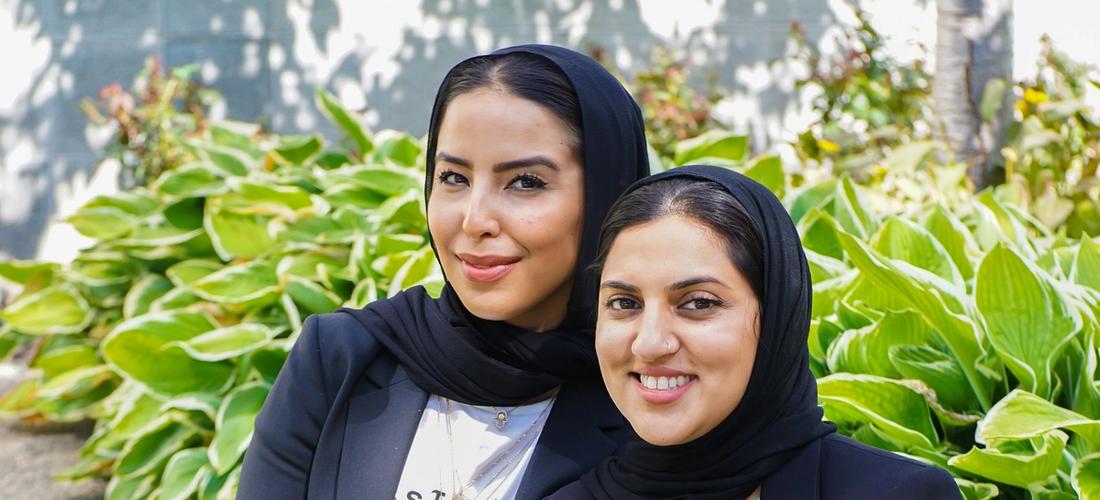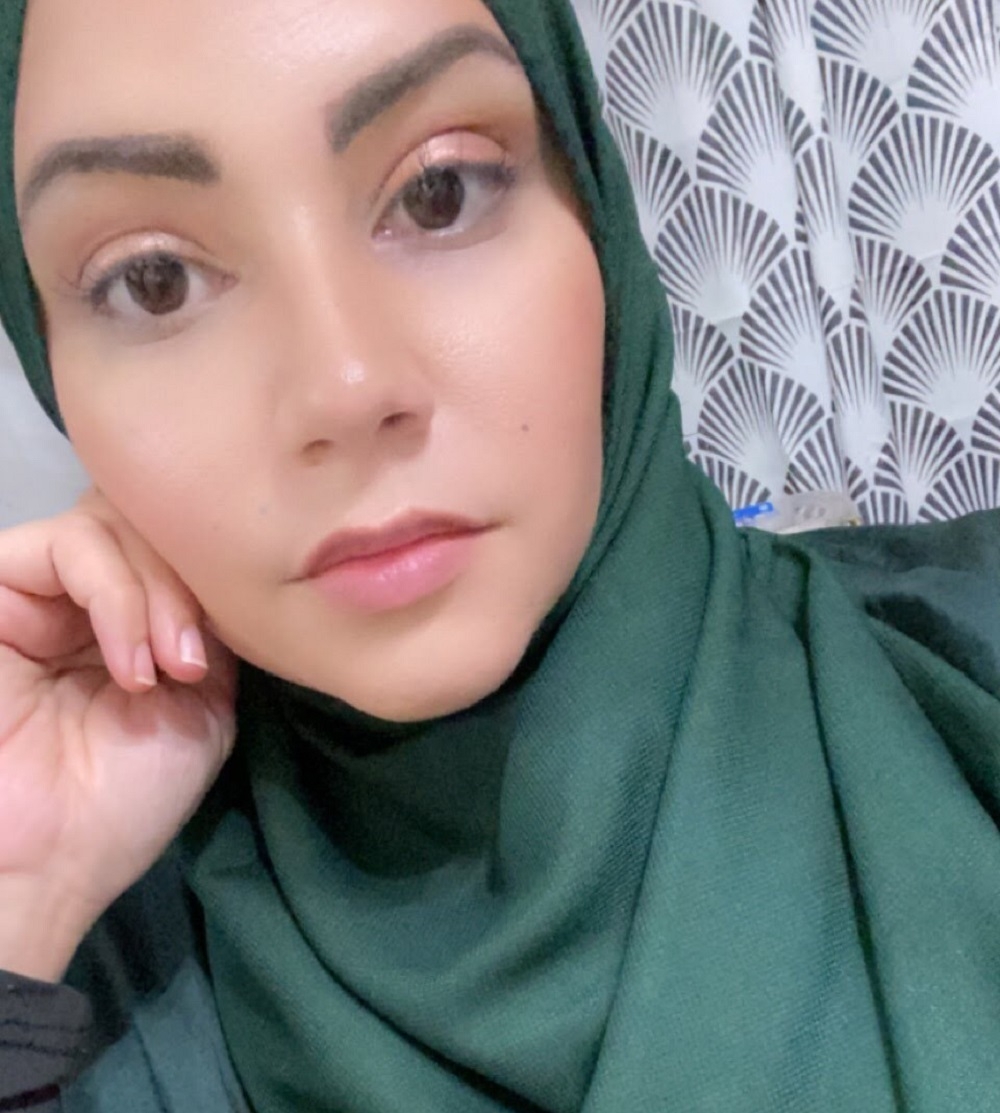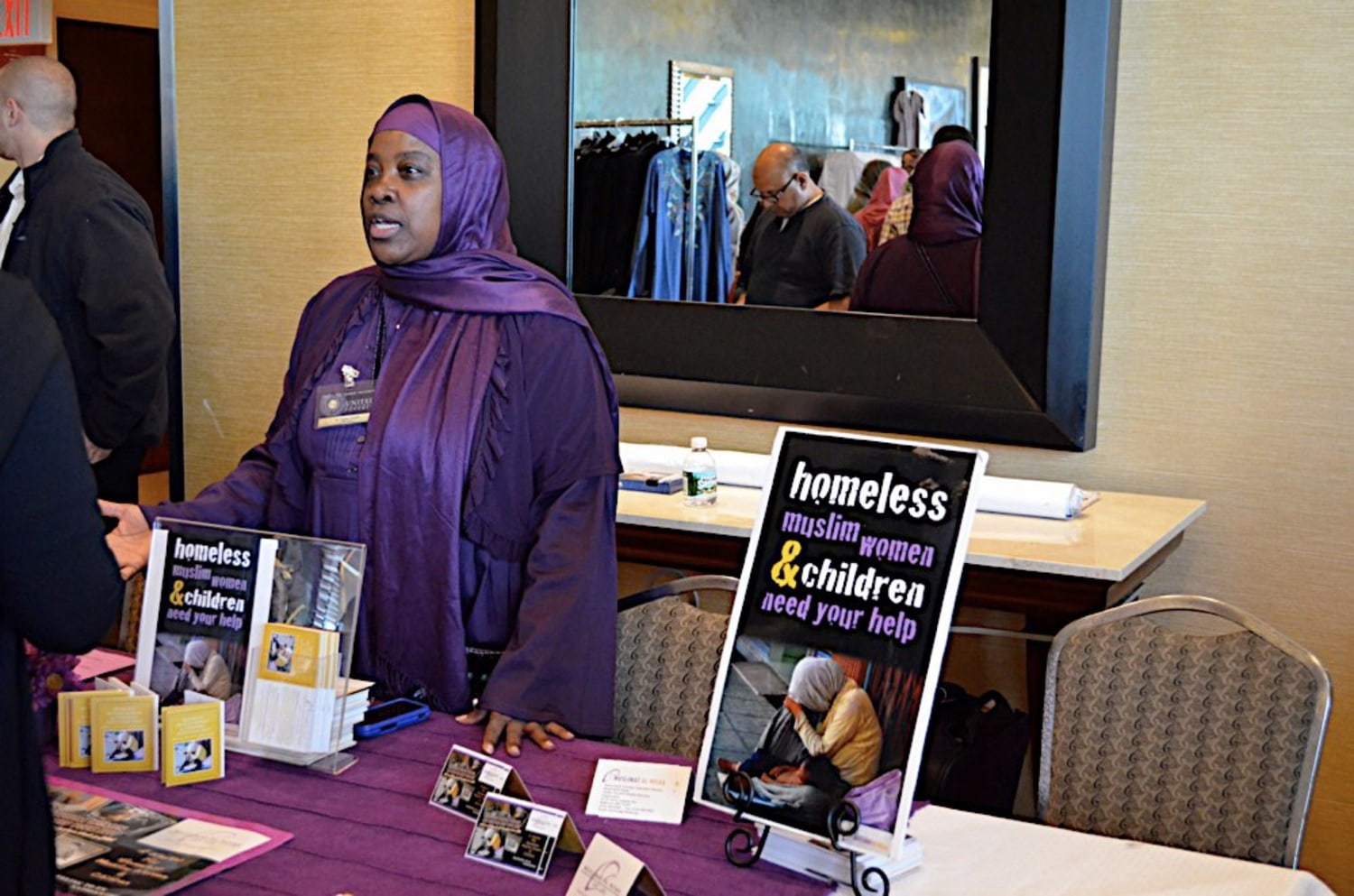
 "
"

 "
"

The concept of charity – charitable giving, assisting those in need, sharing riches, supporting orphans, charitable acts, and everything that goes with it – is emphasized multiple times throughout the Quran and is deeply ingrained in our lives as Muslims.
We approach Ramadan, a time when charitable giving intensifies, our thoughts wander to appreciation and how we might give back to others.
Blog and content editor at Haute Hijab, Dilshad D. Ali says, “One of the best parts of my job is sharing the stories of Muslim women doing all sorts of meaningful, challenging and beautiful things in the world. And so last November, I asked my writing team to help produce a series focused on Muslim Women Working in Charity.”
Here are six exceptional women who were featured, as well as some lessons learnt from their efforts.

The Ikram Foundation is a non-profit organization dedicated to restoring the dignity of divorced and widowed women through education.
“With a focus on providing scholarships and grants to an oft-forgotten Muslim women demographic who are stigmatised and at a high risk for poverty, Ikram’s work in the Muslim community is incredibly transformative.”
These two women are dedicated to women’s empowerment and feel that future generations should invest in assisting women in need.

Nadia Montalvo is the director of Global Charity Teams, a nonprofit organization formed in 2017 by her father, Albert Montalvo, in the aftermath of Hurricane Maria’s damage in Puerto Rico, where the Montalvo family is originally from.
Global Charity Teams deliver basic necessities to underserved populations, focusing on clean water, nourishment, and personal and medical care items both locally and worldwide. The organization’s first fundraiser was a $1,000 donation to help rebuild homes in Puerto Rico.

Hanif is the founder of Muslimat Al-Nisaa, a non-profit organization she founded in 1987 when she opened the Healthy Solutions Holistic Health Center clinic in Maryland, U.S., for Muslim women. In 2007, she established the first Muslimat Al-Nisaa HOME Center in Maryland, also to combat homelessness in Muslim communities.
While giving back to those in need has been her life’s work, Hanif has also spoken up about the challenges of burnout. “[Those who need help] don’t care what my problems are; I am their solution. And that’s what overwhelms me. I hear their sadness and sorrows, and there is nothing more difficult. …Something I’m never asked [about] is how lonely I am without someone to hold and remind me that I am not just a servant of Allah (swt), but also a woman in need of being loved.”

Amarra began her charitable activity in North Carolina in 2017 by collecting winter clothing for Syrian refugees. That effort has evolved into Welcome Home, an organization that assists refugees in regaining their footing and becoming more self-sufficient.
Amarra’s lesson for others is “If you’re struggling with anything in your life, do something for others.”
This mindset inspired her to establish a WhatsApp group called “Welcome Home” to organize fundraisers, clothing drives, and other donations for refugees, which grew into an organization dedicated to assisting refugees in becoming self-sufficient.
“You have to take the first step. You won’t know what you’re missing out on until you throw yourself in that mix. If you make the time to invest in someone else’s lives, you don’t know the impact you have until you do it with consistency, when you do something so often that it becomes second nature. We know this to be true in Islam.”

Emina Ferizovic and her family fled Bosnia to Hamtramck, Michigan as refugees in 1996, relying on the goodwill of strangers to start a new life. Her experiences humbled her, and they affected her ability to empathize with individuals who face similar journeys as refugees resettling in this nation.
“I’ve been in their shoes. I’ve been in a place where I had everything in life, and then we had nothing and had to start from zero. And if it wasn’t for certain services and help that we received at that time when we didn’t have anything – when we were just newcomers – I don’t know where we would be today,” she says.
Emina was inspired to give back after having such an experience. That opportunity arose in August 2018, when she resigned from her job and founded the Hamtramck-based organization J&E Community Relief, which operates a food pantry and community center.
Her own integration as an immigrant into the Hamtramck neighborhood was supported by the community, which is why she values this job so much. “This organisation is here for the community. And it’s basically run by the community. Without the people here, we couldn’t do anything,” she says.